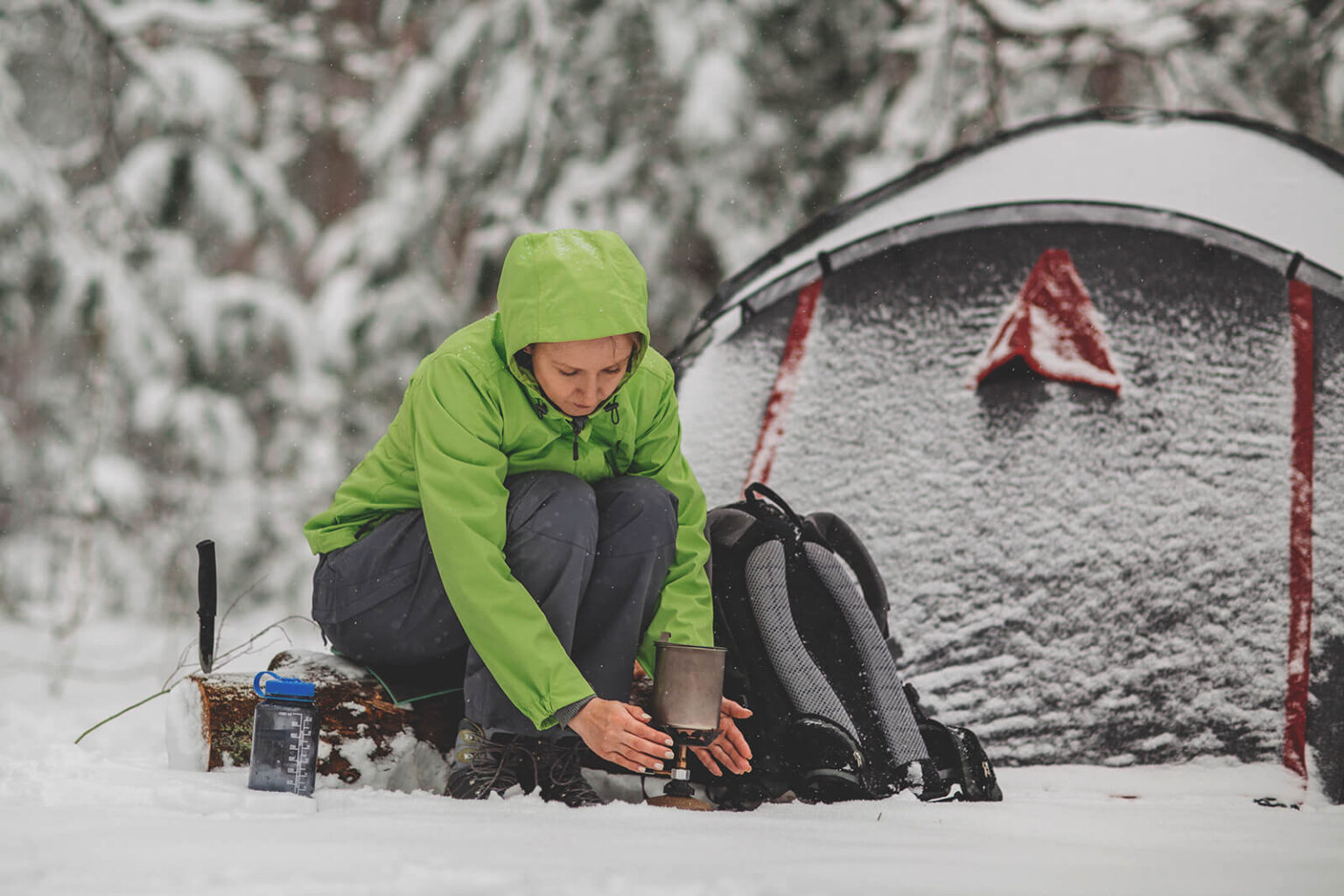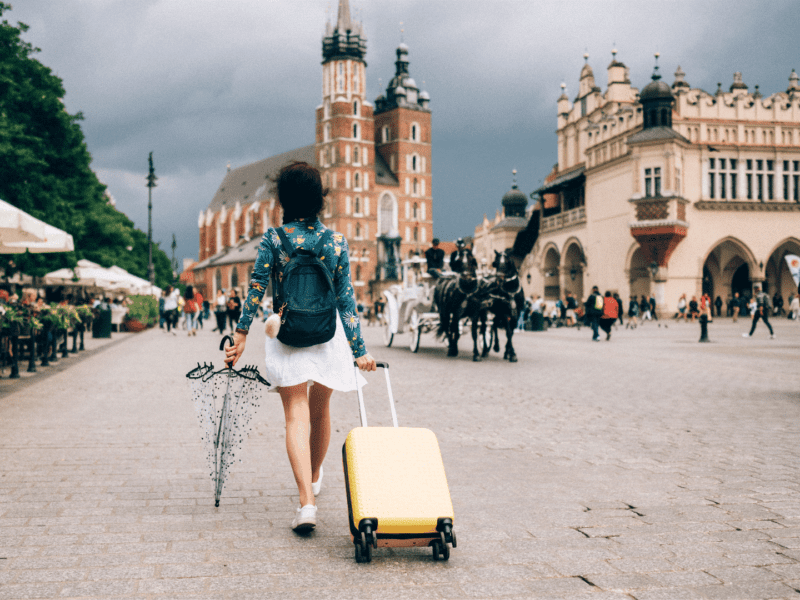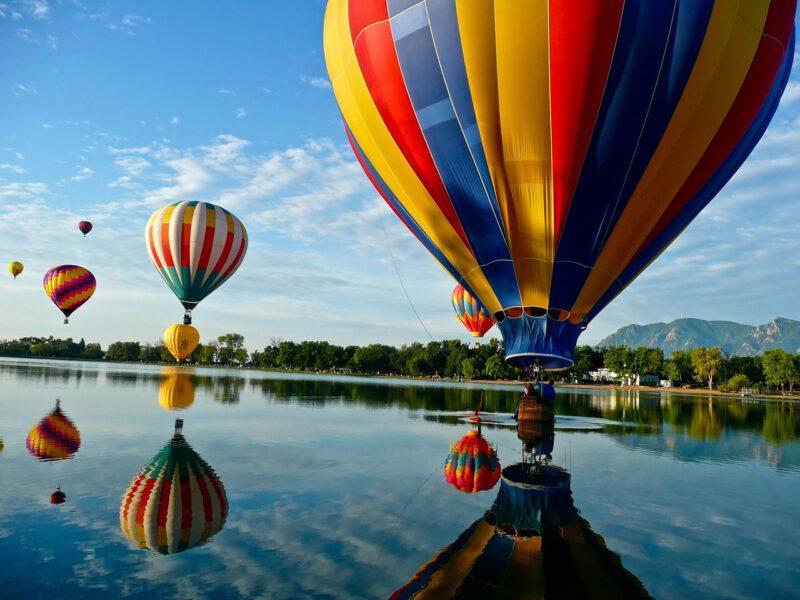
TIPS FOR STAYING WARM IN WINTER CAMPING
Why try winter camping?
Winter camping can be an exciting and unique experience for outdoor enthusiasts who enjoy challenging themselves in colder, snowy conditions. Here are a few reasons why you might want to try winter camping:
Solitude and Quiet: Winter camping can provide an opportunity to experience the beauty and serenity of nature in a quieter and more peaceful setting. The lack of crowds and noise pollution can be a refreshing change from busier camping seasons.
Scenic Views: Winter landscapes can offer some of the most breathtaking views with snow-covered trees, frozen waterfalls, and sparkling icicles.
Adventure and Challenge: Winter camping presents unique challenges such as staying warm, building shelters in the snow, and navigating through icy terrain. This can provide a sense of adventure and accomplishment for those who enjoy testing their skills and resilience.
Wildlife Viewing: Winter can be an excellent time for wildlife viewing as many animals are more active during this season, and their tracks are more visible in the snow.
Cost Savings: Camping in the winter can be a more affordable option compared to summer camping, as many campgrounds offer discounted rates during the off-season.
How do you prepare for winter camping?
Preparing for winter camping requires additional planning and gear compared to camping during the warmer months. Here are some steps to help you prepare for a winter camping trip:
Research and Plan: Research the area where you will be camping and gather information on weather conditions, terrain, and any hazards you may encounter. Make sure to check weather forecasts leading up to your trip and plan accordingly.
Gear Up: Invest in quality cold-weather gear such as a winter sleeping bag rated for the temperatures you will encounter, warm clothing layers, a waterproof tent, and a good sleeping pad to insulate you from the cold ground. Make sure to pack extra warm clothing and blankets in case of unexpected weather changes.
Pack the Essentials: In addition to the standard camping gear, pack extra fuel for your stove, water filtration or purification systems, and high-energy snacks to fuel your body during cold weather activities.
Learn Winter Survival Skills: Take a course on winter survival or learn from experienced winter campers. Practice building shelters, starting fires in the snow, and navigating through snowy terrain.
Stay Safe: Always prioritize safety and be prepared for emergencies. Make sure to let someone know your itinerary and expected return time. Carry a first aid kit and emergency supplies such as a satellite phone or personal locator beacon.
Practice Leave No Trace Principles: Leave the winter wilderness as you found it by practicing Leave No Trace principles. This includes packing out all trash, minimizing campsite impacts, and respecting wildlife and their habitats.
Remember, winter camping can be a rewarding experience with proper planning, preparation, and precautions. Stay warm, stay safe, and enjoy the beauty of the winter wilderness.
What is the best tent for winter camping?
The best tent for winter camping should be able to withstand harsh weather conditions such as high winds, snow, and cold temperatures. Here are some features to look for when choosing a winter camping tent:
Four-Season Design: Choose a tent designed specifically for winter camping, also known as a four-season tent. These tents are typically made with sturdier materials, have additional poles for support, and feature a sturdy rainfly to keep out snow and wind.
Durable Material: Look for a tent made with durable and weather-resistant materials such as nylon or polyester, with a higher denier rating for added durability.
Solid Construction: The tent should have a sturdy frame with multiple poles to support the weight of snow and withstand strong winds.
Good Ventilation: Proper ventilation is important to reduce condensation inside the tent and prevent moisture from building up. Look for a tent with adjustable vents and mesh windows to allow for air circulation.
Some popular winter camping tent brands include Mountain Hardwear, The North Face, Hilleberg, and Black Diamond. It’s essential to choose a tent that suits your specific needs and camping environment, so research carefully before making a purchase.
How do I keep food from freezing during winter camping?
Keeping food from freezing during winter camping can be a challenge, but there are a few strategies you can use to prevent it:
Use Insulated Containers: Store your food in insulated containers or thermoses to keep them from freezing. This is especially useful for liquids such as soup or hot drinks.
Use a Cooler: Use a cooler with thick insulation to keep food from freezing. Make sure to line the cooler with blankets or foam to provide extra insulation.
Keep Food in the Warmest Part of the Tent: Keep food in the warmest part of your tent, which is usually near the center and away from walls. This can help keep food from freezing overnight.
Use Chemical Hand Warmers: Place chemical hand warmers, available at outdoor stores, in your cooler or insulated containers to help keep food from freezing.
Remember to store food safely to avoid spoilage or contamination, and to follow Leave No Trace principles when disposing of waste.
What should I bring winter camping?
Winter camping requires additional gear and preparation compared to camping during the warmer months. Here’s a list of essential items you should bring when winter camping:
- Warm Sleeping Bag: A winter-rated sleeping bag will keep you warm and comfortable during cold nights. Look for bags with a temperature rating that suits the expected conditions.
Insulated Sleeping Pad: An insulated sleeping pad provides insulation from the cold ground and enhances sleeping comfort.
Winter Tent: Choose a four-season or winter tent that can withstand harsh weather conditions such as snow and wind.
Stove and Fuel: A stove with extra fuel is essential for cooking and boiling water during cold weather camping.
Water Bottles or Hydration System: Stay hydrated by bringing water bottles or a hydration system that won’t freeze in cold temperatures.
Emergency Gear: Bring a first aid kit, emergency shelter, and communication devices such as a cell phone, radio, or satellite messenger.
Remember to pack efficiently and avoid overpacking. Prioritize gear that is essential for your chosen winter activity and always practice Leave No Trace principles.







